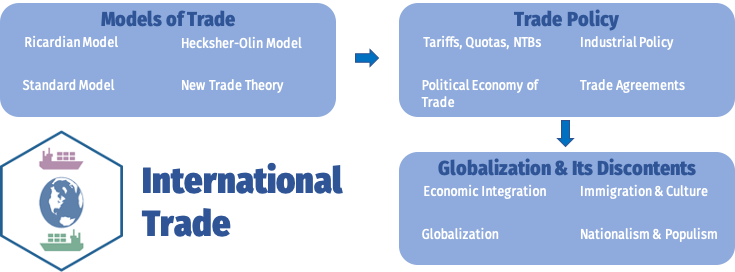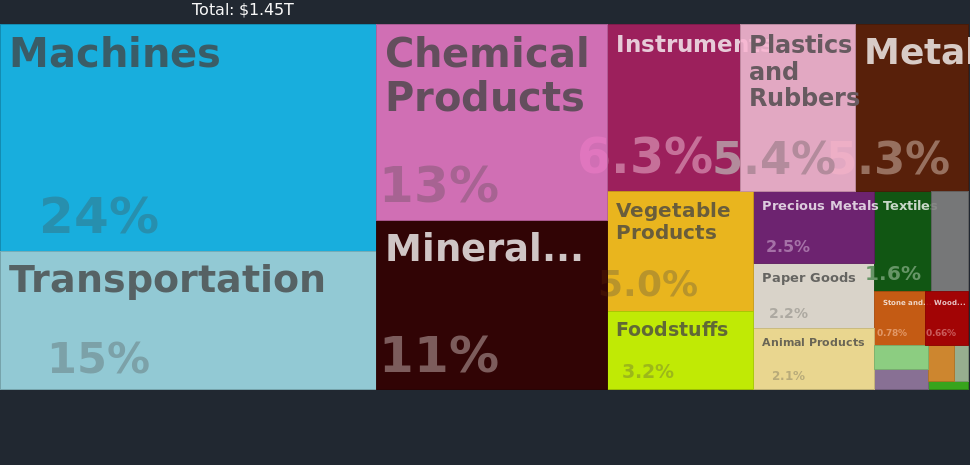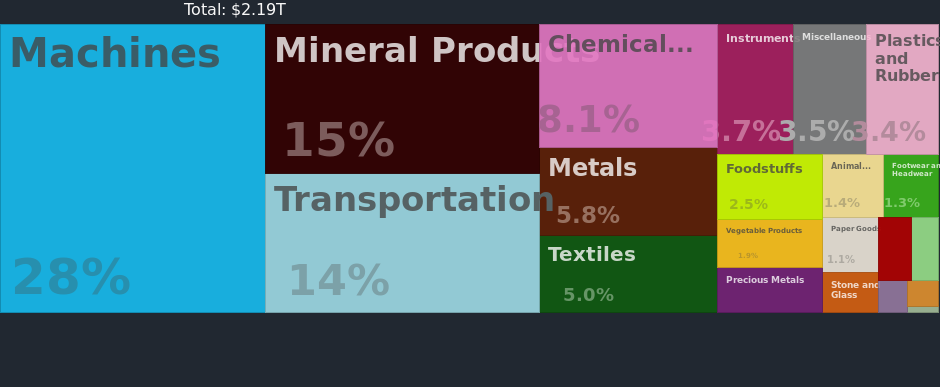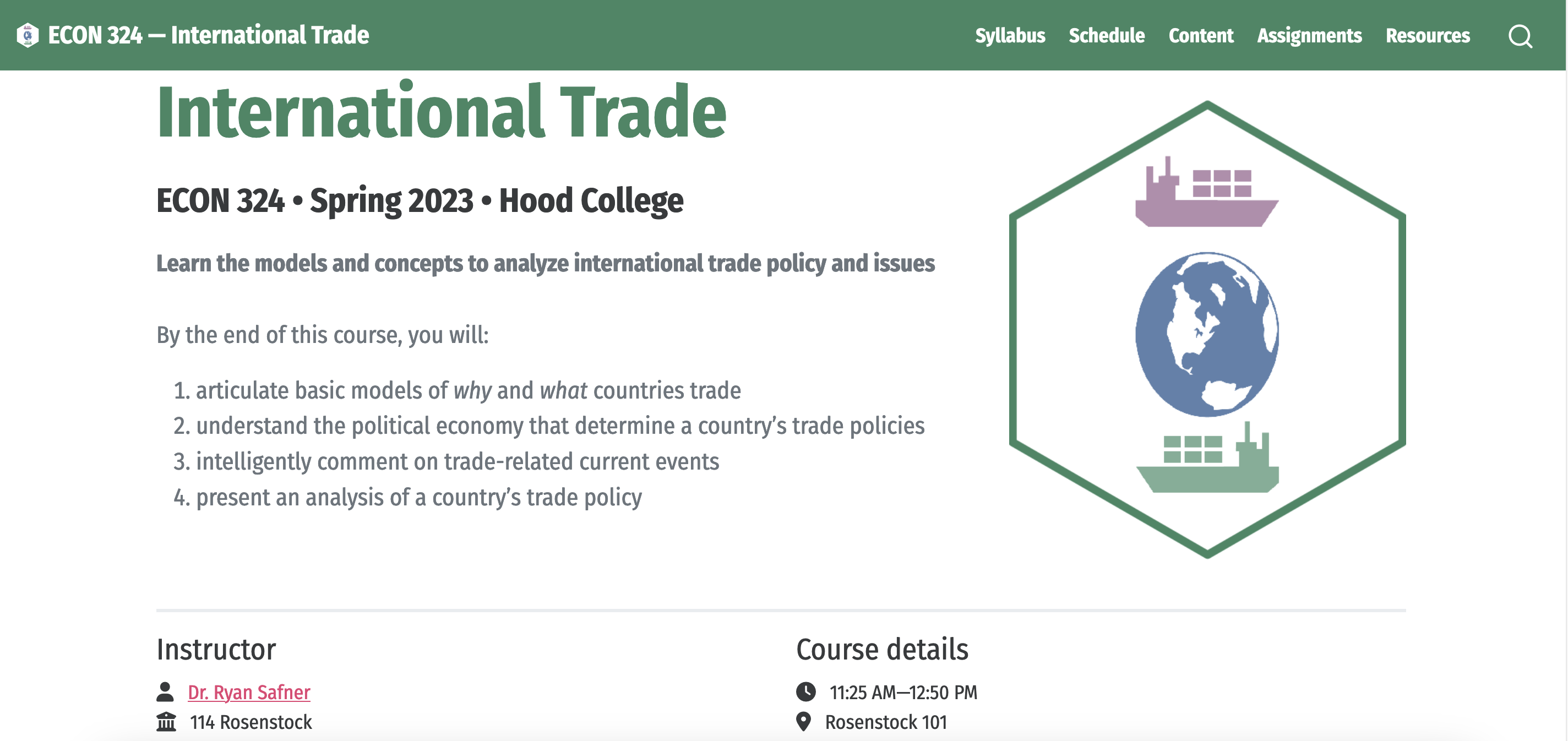1.1 — Why Trade Matters
ECON 324 • International Trade • Spring 2023
Ryan Safner
Associate Professor of Economics
safner@hood.edu
ryansafner/tradeS23
tradeS23.classes.ryansafner.com
About Me
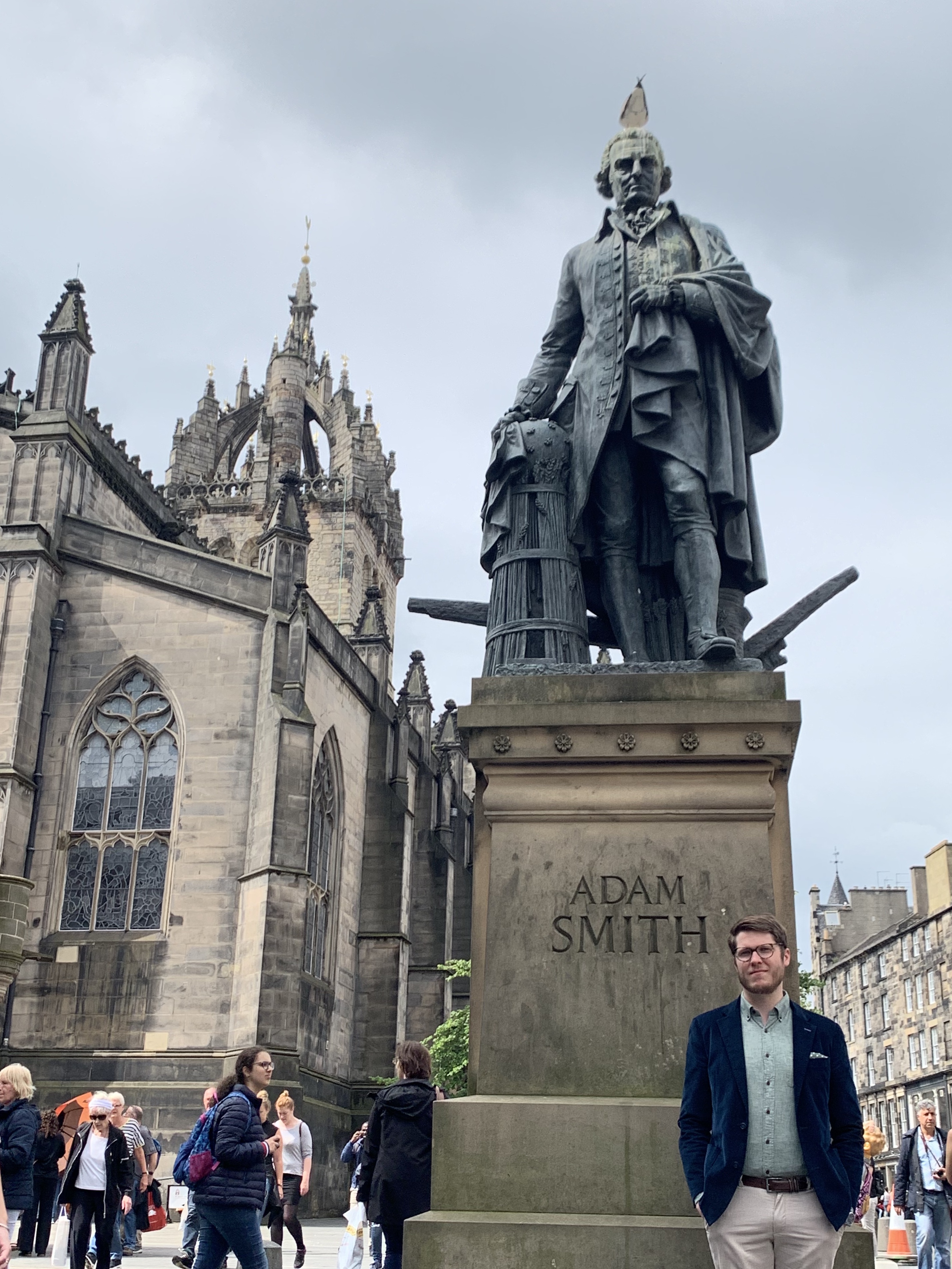
Edinburgh, 2019
Ph.D (Economics) — George Mason University, 2015
B.A. (Economics) — University of Connecticut, 2011
7th year teaching at Hood
Specializations:
- Law and Economics
- Austrian Economics
Research interests
- modeling innovation & economic growth
- political economy & economic history of intellectual property
- Substack: Increasing Returns
What's Keeping Me Busy

Why Trade Matters
The Importance of International Trade
- In 2008, the world produced about $50 trillion (at current prices)
- $16 trillion (about 30%) was sold across national borders

Krugman, Paul, Maurice Obstfeld, and Mark Melitz, 2011, International Economics: Theory & Policy, 9th ed., p.10
The Importance of International Trade
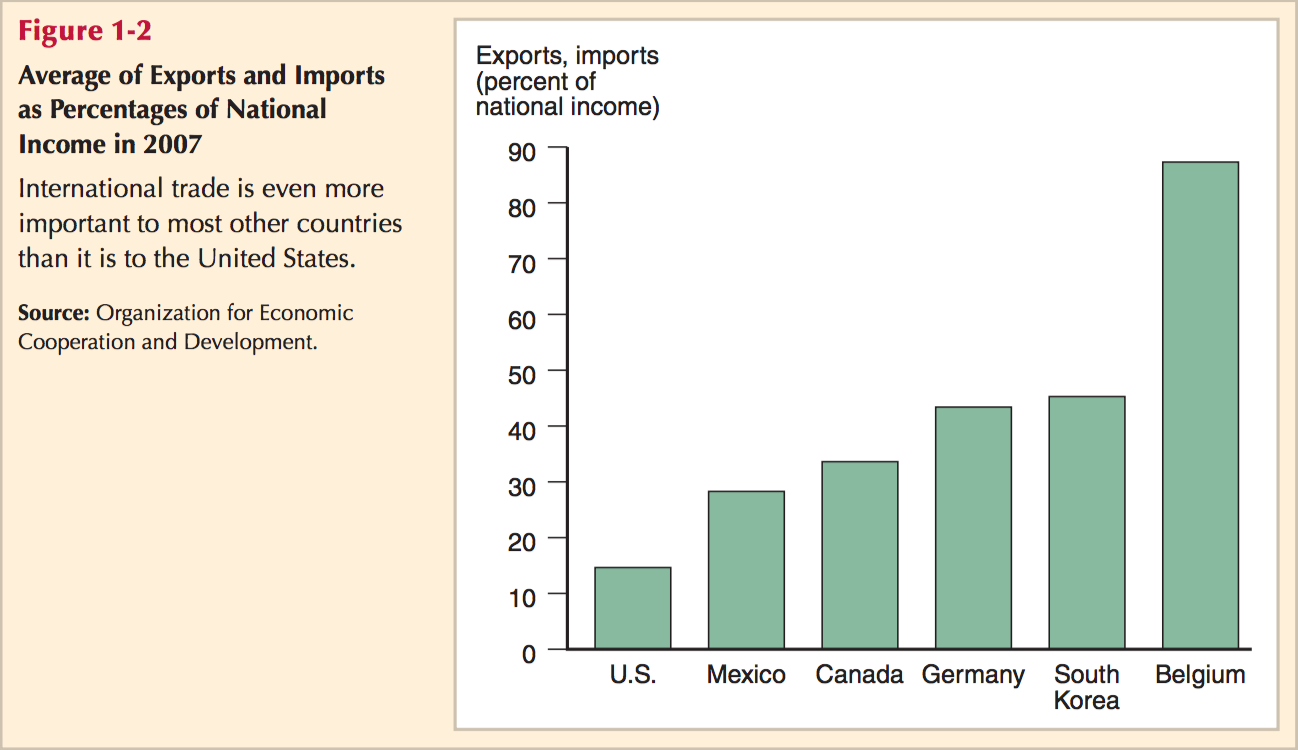
Krugman, Paul, Maurice Obstfeld, and Mark Melitz, 2011, International Economics: Theory & Policy, 9^th^ ed., p.3
What Gets Traded Internationally
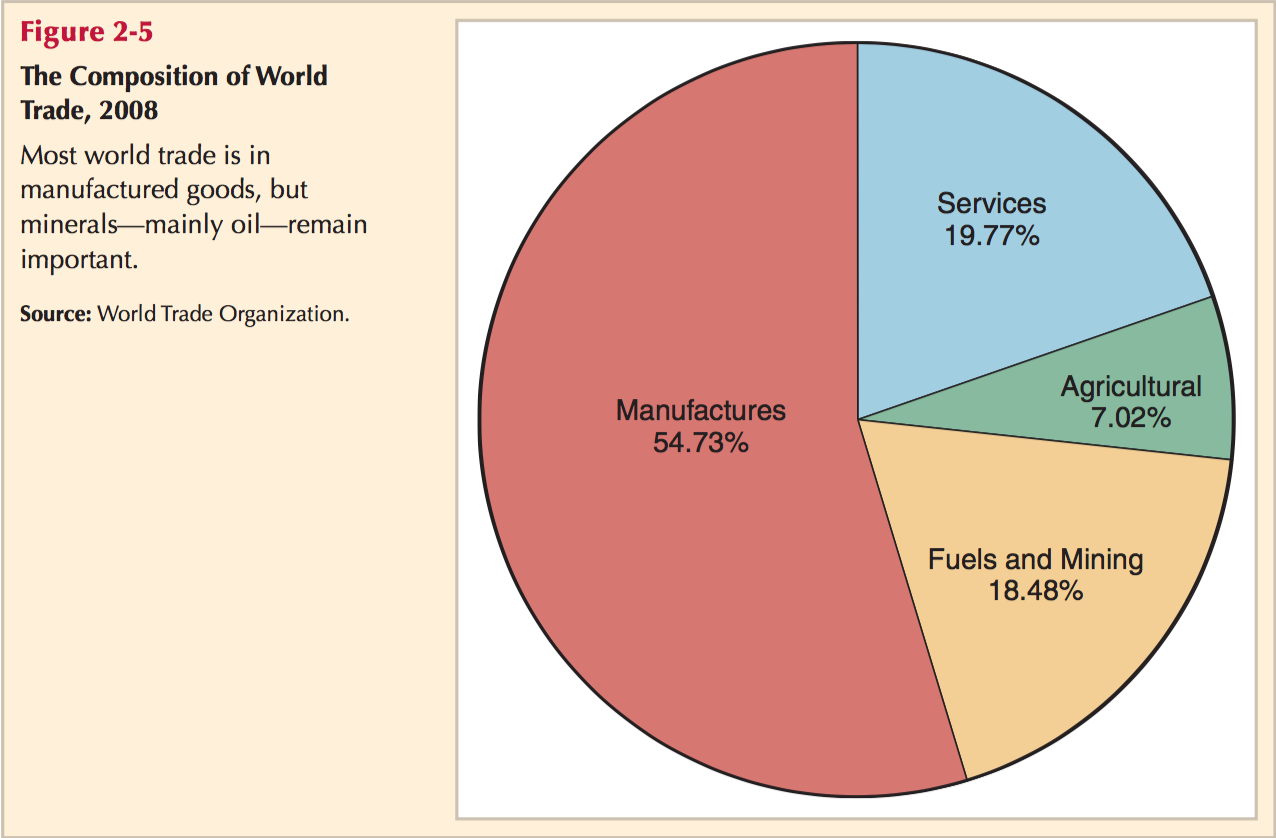
Who We Trade With
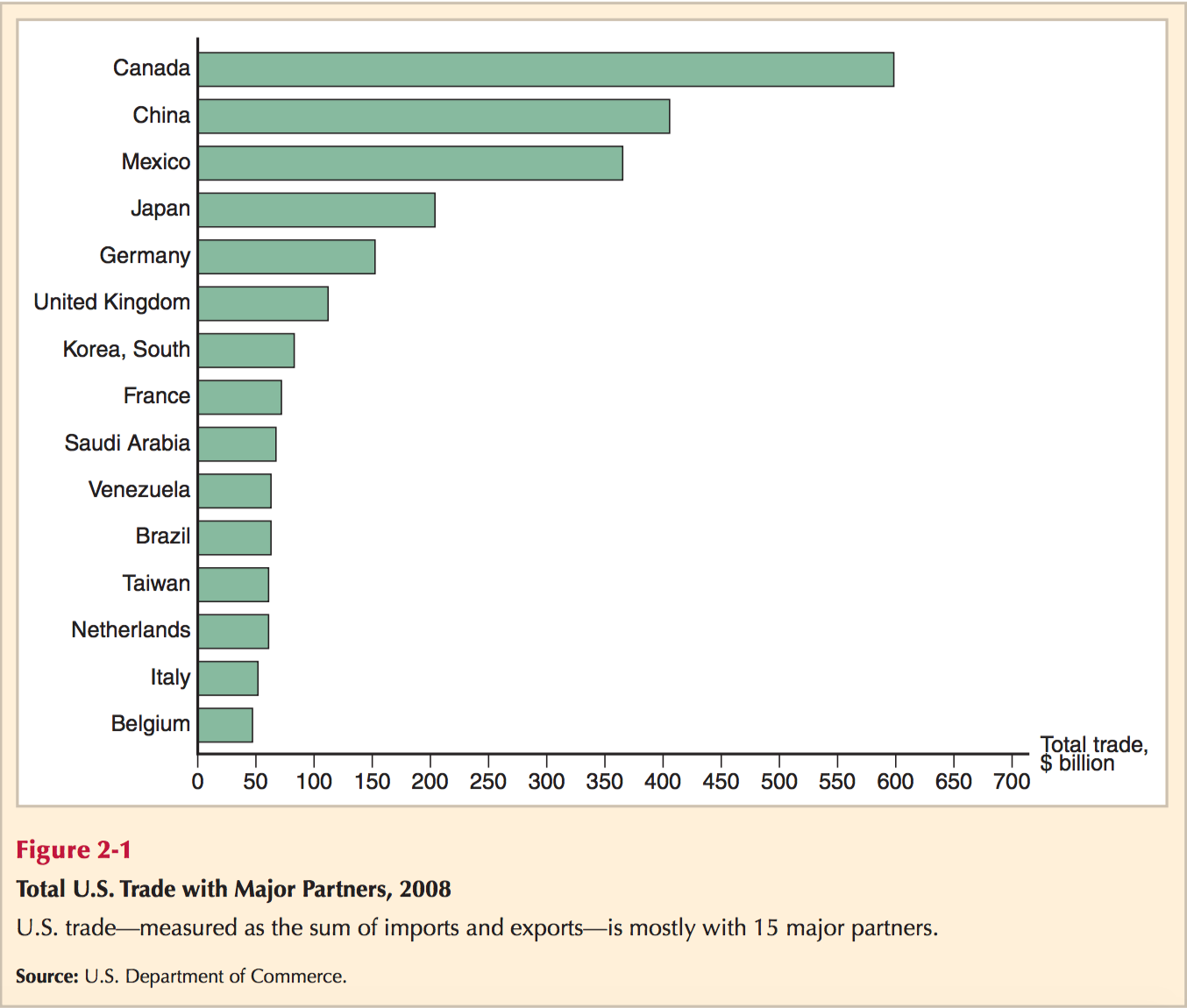
Who We Trade With (Exports) Has Changed
A Major Change in Trading Climate
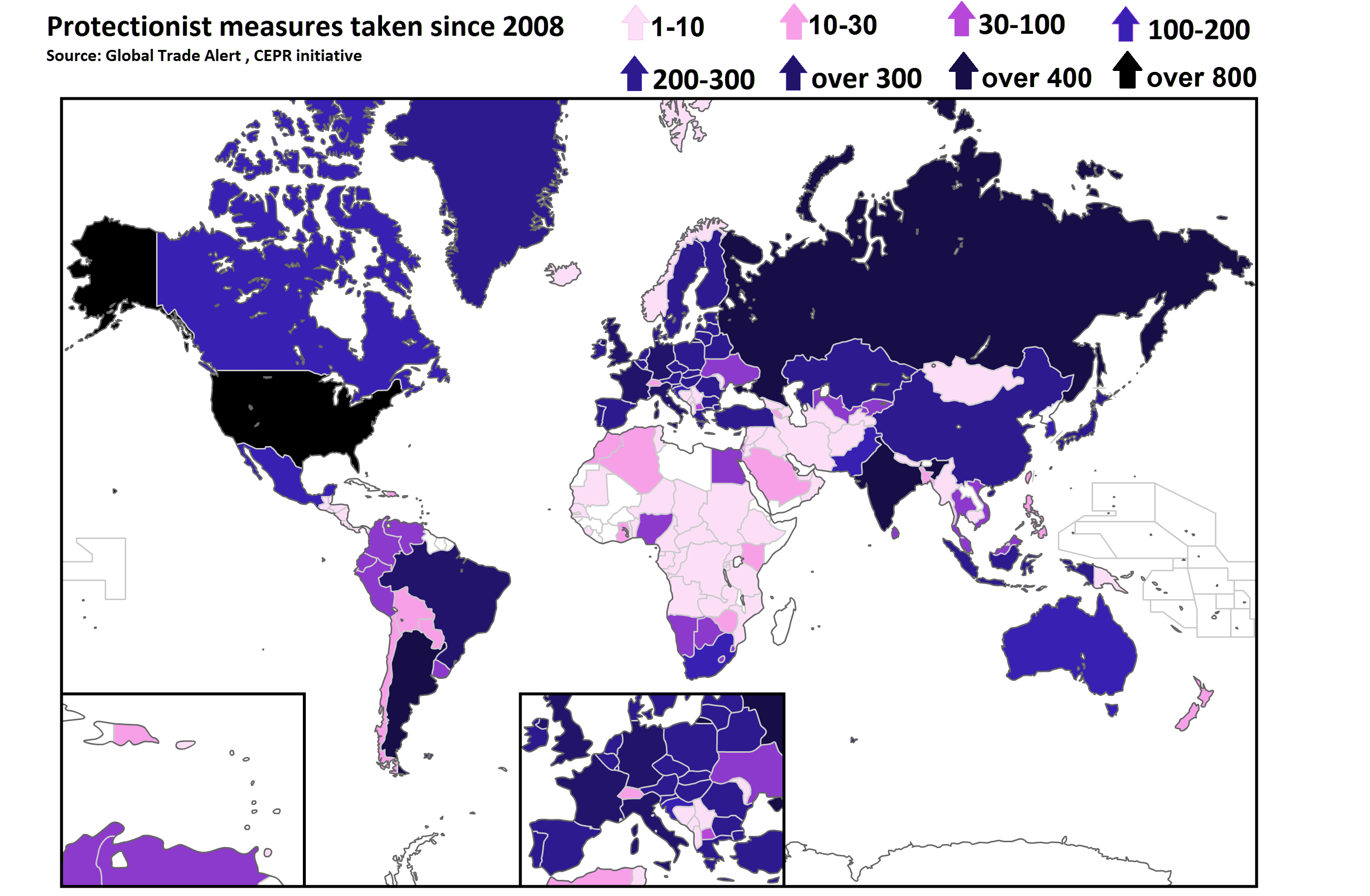
But That's Happened Before (Often Because of War)
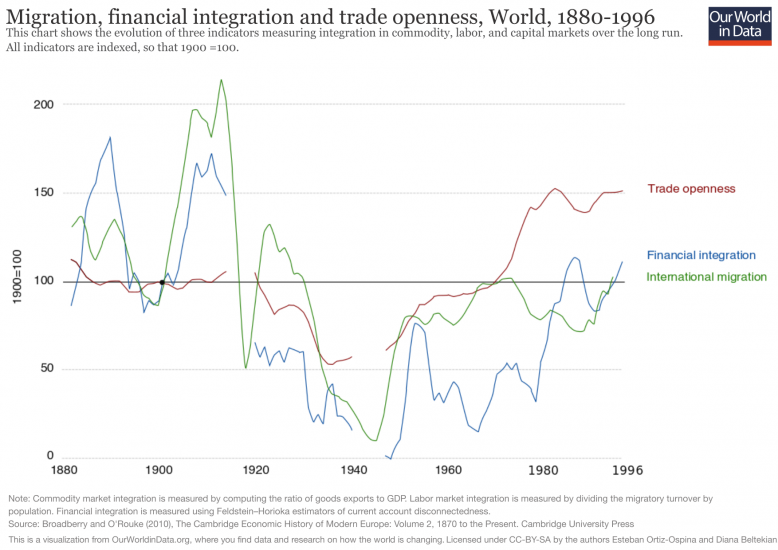
The Value of International Trade in the Global Economy
Common Biases Against Trade
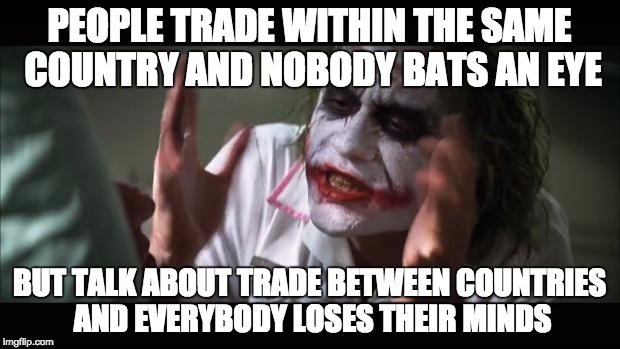
Why Care About Trade?
Self-Sufficiency...and Poverty

Where We ALL Began

Dierdre N. McCloskey
1942-
Two centuries ago the world’s economy stood at the present level of Chad or Bangladesh. In those good old days of 1800...the average human consumed in modern-day prices...roughly $3 a day, give or take a dollar or two...The only people much better off than the $3 average were lords or bishops or some few of the merchants. It had been this way for all of history, and for that matter all of pre-history. With her $3, the typical denizen of the earth could eat a few pounds of potatoes, a little milk, very occasionally a scrap of meat. A wool shawl. A year or two of elementary education, if exceptionally lucky. At birth she had a 50-50 chance of dying before she was 30 years old. Perhaps she was a cheerful sort, and was "happy" with illiteracy, disease, superstition, periodic starvation, and lack of prospects. After all, she had her family and faith and community, which interfered with every choice she made. But anyway she was desperately poor, and narrowly limited in human scope. (pp. 11-12)
McCloskey, Diedre N, 2010, The Bourgeois Dignity: Why Economics Can't Explain the Modern World
Complete Interdependence...and Prosperity

We've Come SO Far

Dierdre N. McCloskey
1942-
[Today] the world supports more than six-and-a-half times more people...the average person today earns and consumes almost ten times more goods and services than in 1800. Real income per person in the world has recently been doubling every generation, and is accelerating. Starvation worldwide therefore is at an all-time low, and falling. Literacy and life expectancy are at all-time highs, and rising. Liberty is spreading. Slavery is retreating, as is a patriarchy enslaving of women. In the richer countries, such as Norway, the average person earns fully 45 times more than in 1800, a startling $137 a day. The environment - a concern of a well-to-do bourgeoisie - is in such rich places improving. (pp. 11-12)
Interdependence

Adam Smith
1723-1790
“In civilized society [man] stands at all times in need of the cooperation and assistance of great multitudes, while his whole life is scarce sufficient to gain the friendship of a few persons...man has almost constant occasion for the help of his brethren, and it is in vain for him to expect it from their benevolence only,” (Book I, Chapter 2.2)
Smith, Adam, 1776, An Enquiry into the Nature and Causes of the Wealth of Nations
Our Confined Generosity
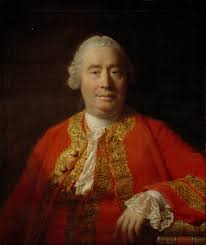
David Hume
1711-1776
“Men being naturally selfish, or endowed only with a confined generosity, they are not easily induced to perform any action for the interest of strangers, except with a view to some reciprocal advantage, which they had no hope of obtaining but by such a performance,” (Book III, Part II, § V)
Hume, David, 1740, A Treatise on Human Nature
Specialization and Exchange

Adam Smith
1723-1790
“Whoever offers to another a bargain of any kind, proposes to do this. Give me that which I want, and you shall have this which you want...and it is in this manner that we obtain from one another the far greater part of those good offices which we stand in need of. It is not from the benevolence of the butcher, the brewer, or the baker, that we expect our dinner, but from their regard to their own interest.,” (Book I, Chapter 2.2)
Smith, Adam, 1776, An Enquiry into the Nature and Causes of the Wealth of Nations
Specialization and Exchange

Adam Smith
1723-1790
“[Though] he intends only his own gain, and he is in this, as in many other cases, led by an invisible hand to promote an end which was no part of his intention...By pursuing his own interest he frequently promotes that of the society more effectually than when he really intends to promote it,” (Book IV, Chapter 2.9)
Smith, Adam, 1776, An Enquiry into the Nature and Causes of the Wealth of Nations
How to Get Rich or Die Tryin
For 1,000s of years, the elite could only become wealthy by tribute & plunder
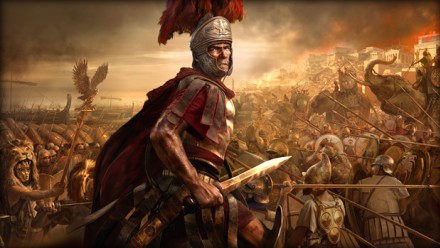
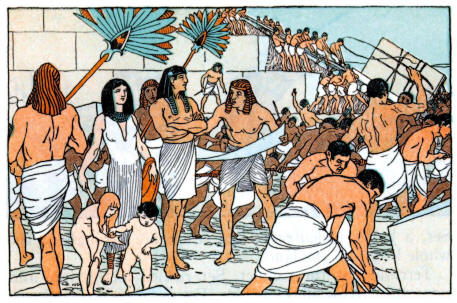
How to Get Rich or Die Tryin
But in the last 300 years, average people can become wealthy by specialization & trade
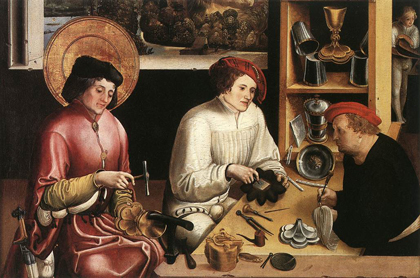
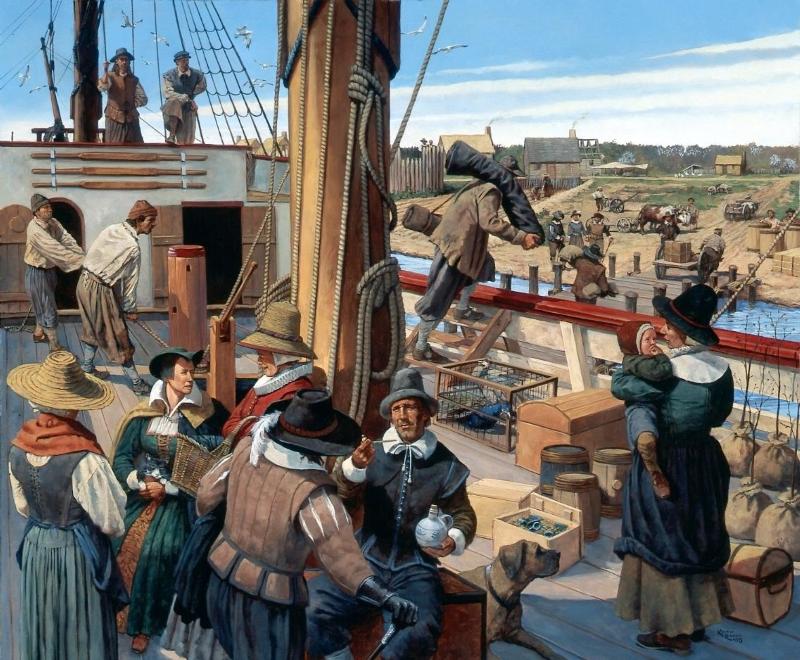
Trade is The Path to Prosperity
Interdependence, “Globalization,” and Trade
Human society is the result of cooperation & interdependence
Cooperation through exchange is more prevalent than competition
Trade within and between societies has been the lifeblood of civilizations
- goods, services, people, capital, ideas, ideologies, religions, technologies, peace
“Globalization” is not a new idea
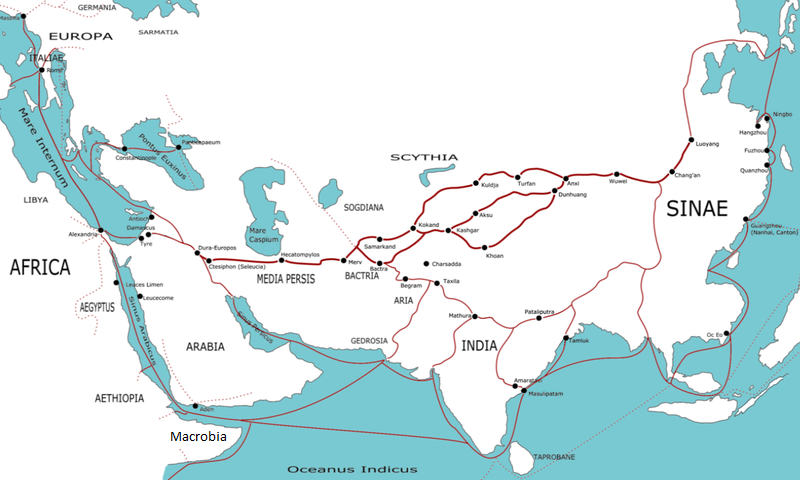
“Globalization”
Global Supply Chains
Global Supply Chains

Global Supply Chains

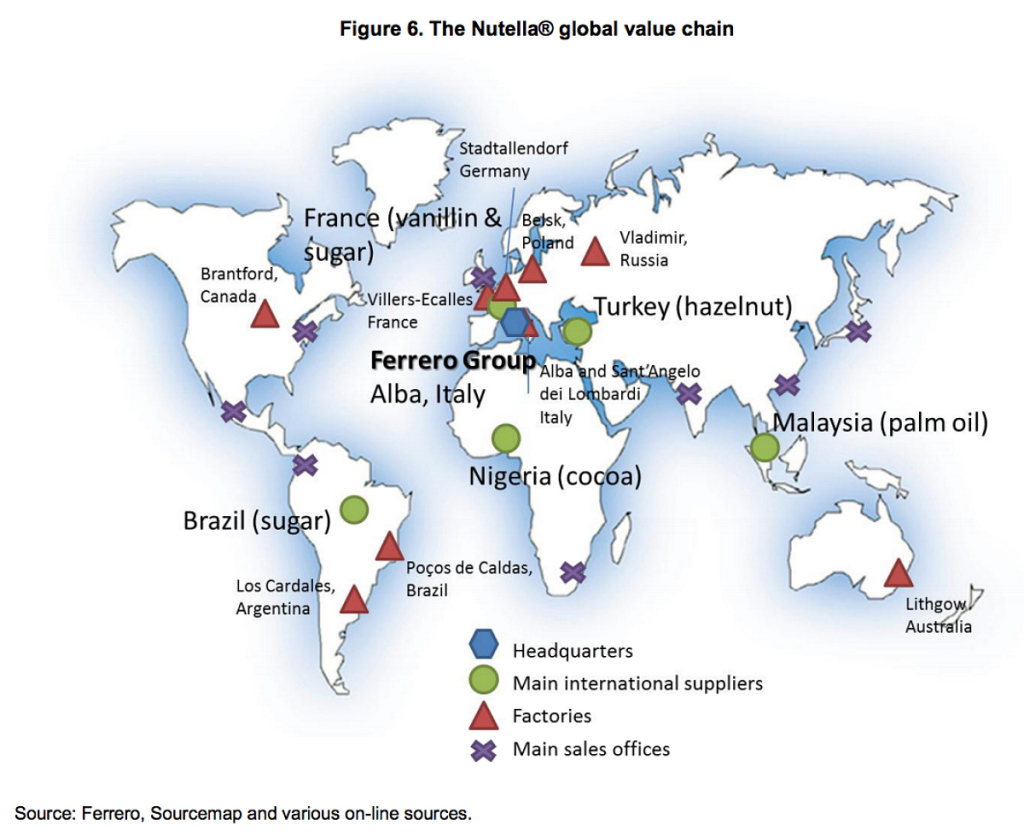
About This Course
Learning Goals
By the end of this course, you will:
- articulate basic models of why and what countries trade
- understand the political economy that determine a country's trade policies
- intelligently comment on trade-related current events
- present an analysis of a country's trade policy
Assignments
| Frequency | Assignment | Weight |
|---|---|---|
| - | Participation | 20% |
| n | Homeworks | 20% (average HW grade) |
| 1 | Country Profile | 10% |
| 1 | Midterm Exam | 25% |
| 1 | Final Exam | 25% |
Your Textbook (Optional but Recommended)
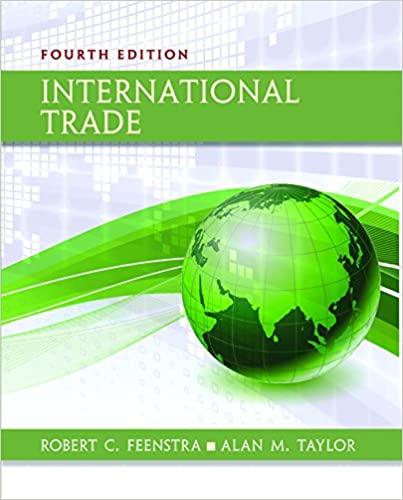
Tips for Success, Or: How to College
Take notes. On paper. Really.
Read the readings.
Ask questions, come to office hours. Don’t struggle in silence, you are not alone!
You are learning how to learn
See the reference page for more

Roadmap for the Semester
